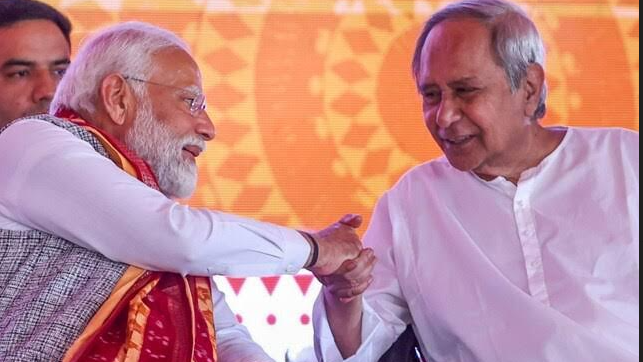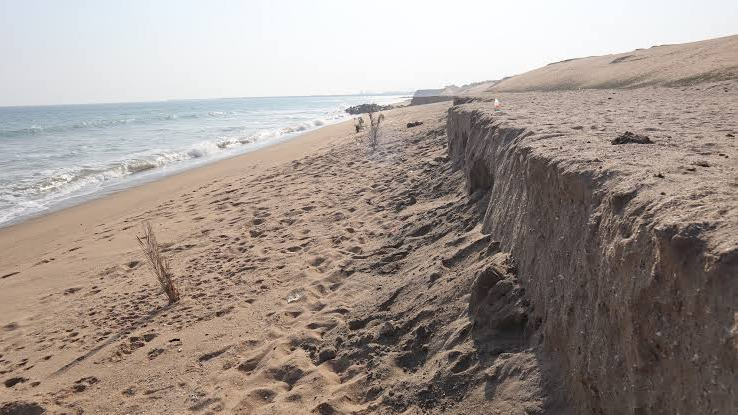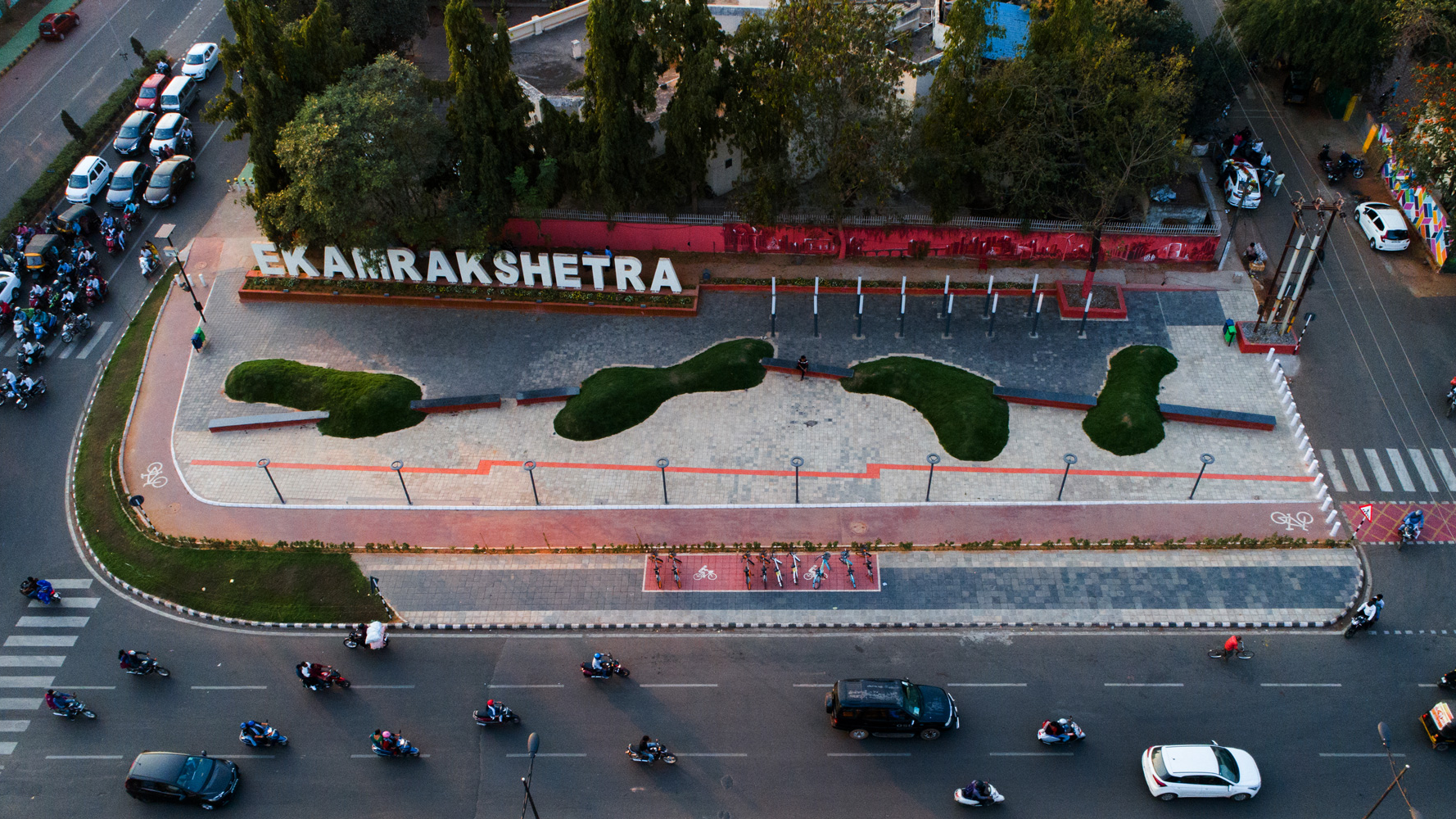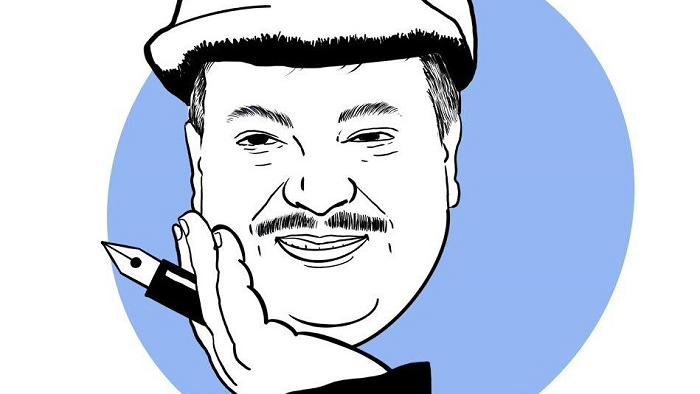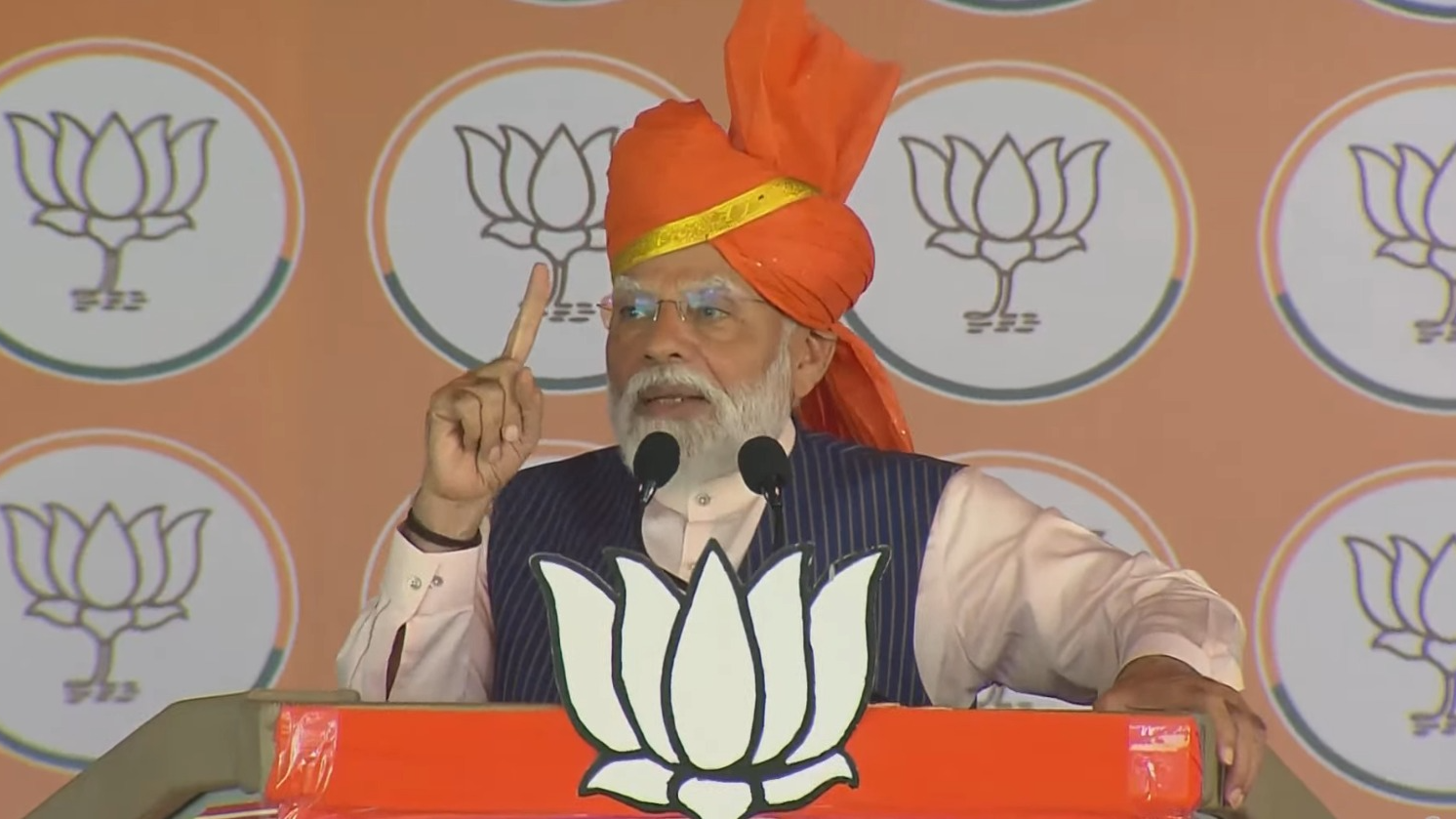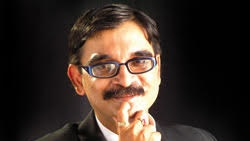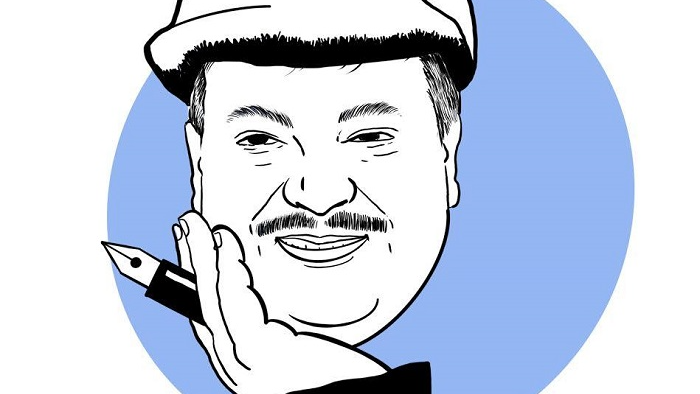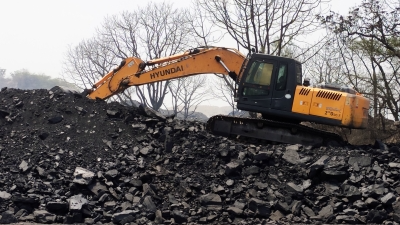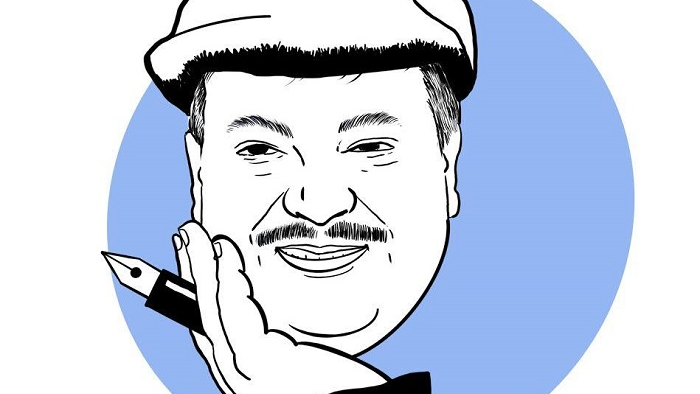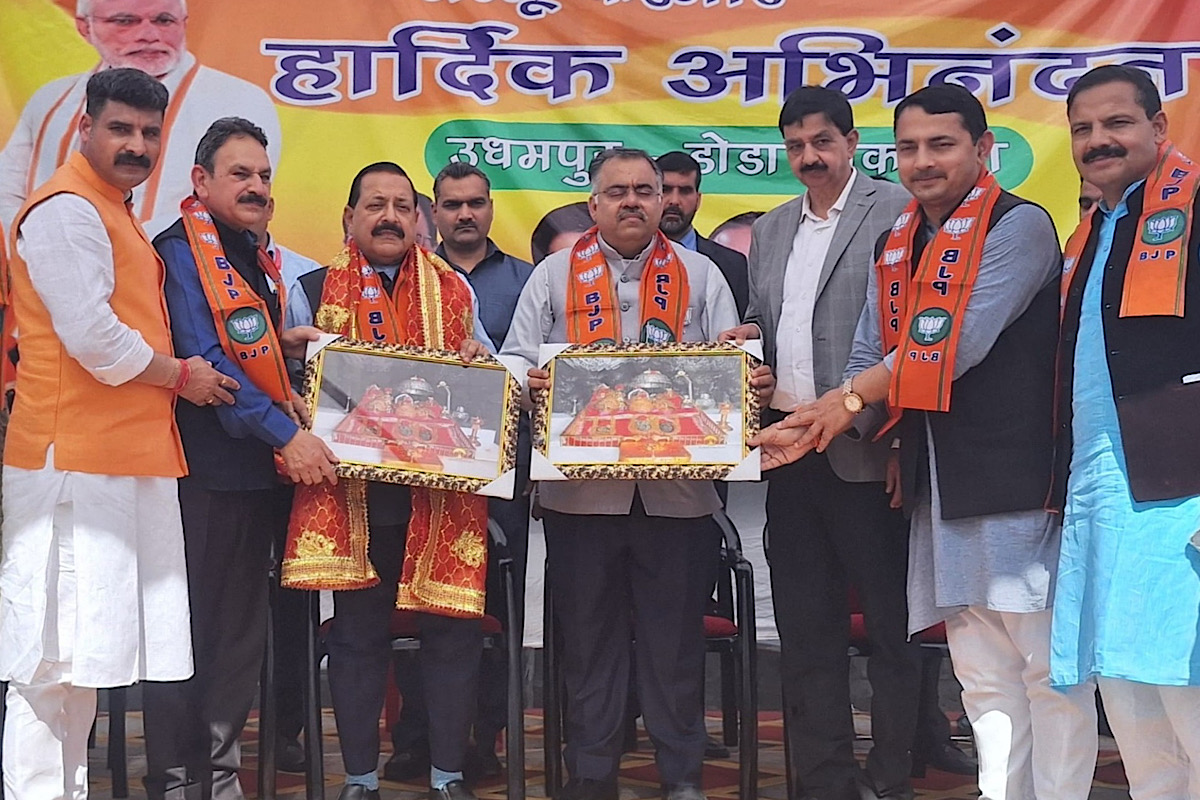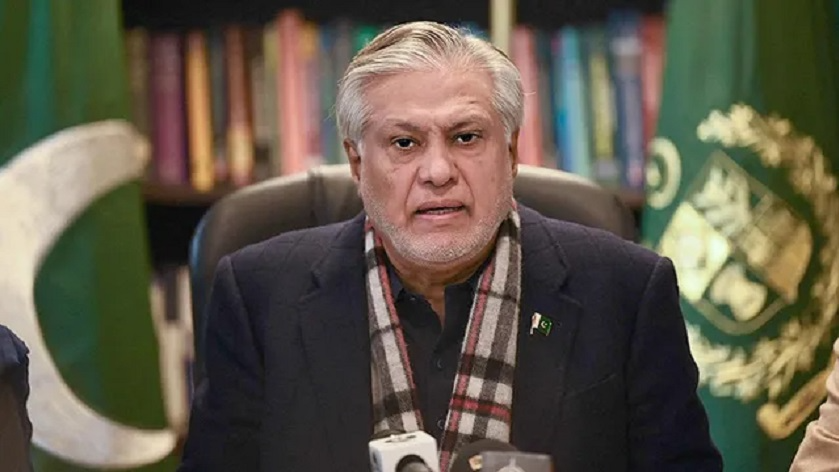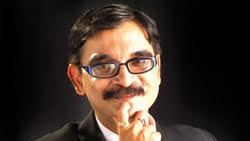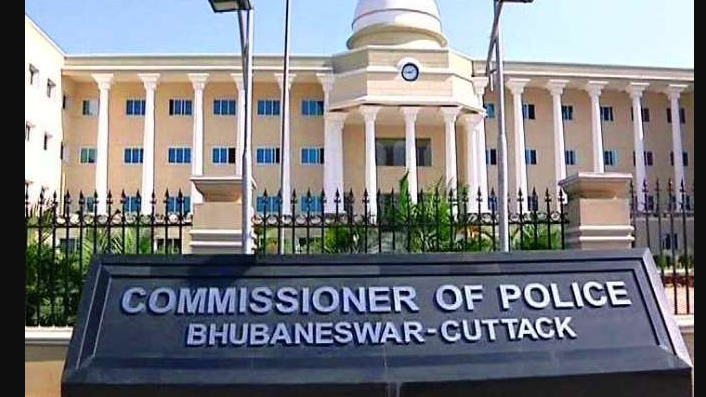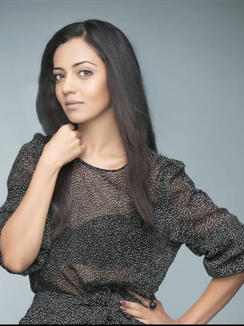Our Judiciary Could Destroy Our Democracy
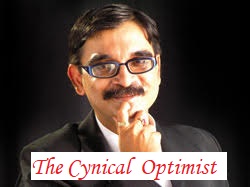
Sutanu Guru, Executive Director, C Voter Research Foundation By 2023, the number of pending cases in India will cross 50 million; 10 times more than the population of New Zealand. Yet, our top judges are behaving as if they have a divine right to fix all problems of India. The Chief Justice of India, Justice N. V. Ramanna is all set to retire on August 26, 2022. As is wont, he has been travelling a lot and delivering a lot of speeches across the world. Some of them have done unite a bit more than raising eyebrows. For instance, at an event in Ranchi, he excoriated the media, accusing it of running Kangaroo courts. He said that while the print media had at least some accountability, the electronic media had none and the social media had none. At a practical level, Justice Ramanna is right because this column itself has pointed out how and why sensible people are losing trust in media. But at a moral and ethical level, that statement coming from an institution that point blank refuses to be accountable is a bit ironical, to put it mildly. Ordinary Indians like this columnist are quite simply baffled by the seemingly arbitrary decisions and verdicts delivered by various courts and judges when the nature of the case is the same. Take the cases of Mohammed Zubair and Nikhil Bhambre. Thanks to another crumbling institution named Indian media, almost all of you would know who Mohamed Zubair is while almost none would know who Nikhil Bhambre is. According to this columnist the arrest of both was unjust. In the case of Zubair, the Supreme Court granted him bail and released him on the same day it passed the order. Nikhil Bhambre, a pharmacy student from Maharashtra failed to appear for his exams because he spent one month behind bars before the Mumbai or Bombay High Court granted him bail.Who gets bail and on what grounds seems no longer a matter of strictly interpreting the law but often an exercise in delivering sermons like an evangelical Sunday school preacher. It takes a bus conductor a quarter of a century to be finally acquitted of the “serious” charge of embezzling Rs 10 while the top court opines that a few crore Rupees allegedly embezzled by journalist (?) Rana Ayub is not a serious matter. Quite frankly, the very fact that the number of pending cases will cross 50 million by the end of this year is the most telling indication that that India’s justice system is broken. Given that, people with common sense would expect senior judges to prioritise clearing of pending cases and not keep taking up new cases unless they are urgent. And yet, our top courts spend days and weeks deliberating if the traditional “Dahi Handi” celebrations in Maharashtra during Janmashtami is dangerous or not. Suddenly, itwould become very concerned about drunken driving on highways and deliver a verdict banning any bar within 500 metres of a highway. One day, the top court would refuse to take a case related to the plight of Kashmiri pundits saying the events occurred too far back in the past. One day, it would take up cases related to the plight of Sikh victims of the 1984 massacre though those events are older than what Kashmiri pundits faced. Now, the top court has waded into the controversial Agniveer scheme of recruiting soldiers for the Indian armed forces. Why has the top court decided to take up the case and directed the Delhi High Court to bunch all the PILs against the scheme filed across India? This columnist asked many lawyers about this particular case. Almost all said the decision to implement the Agniveer scheme is in the realm of the executive. It has not violated the Constitution nor any Indian law. So why are top courts interfering with what is clearly an executive decision? Most top judges are very fond of delivering sermons on the importance of transparency, ethics, accountability and much more. They have made it a habit of lashing out at the political class, the bureaucracy and the media. No doubt, there are serious flaws in the way the three institutions behave. But do top judges apply the same yardsticks to themselves? For instance, all politicians who contest elections have to declare all their assets, including those held by family members. All bureaucrats at the centre have to declare assets. The same is true in many states. What about the top judges? Are they practising accountability and more importantly, transparency? In a recently co authored column, Bibek Debroy makes some startling revelations after dong some basic and simple research. Out of the 32 sitting judges in the Supreme Court, only 2 have declared their assets. In fact, as per the Supreme Court website, a sum total of just four judges have declared their assets. Is that transparency? Or, are top judges of the opinion that the ordinary Indian is so mesmerised by their majesty that she trusts them completely and implicitly. Physician, heal thyself was not a term created as a joke. Nor the term who will judge the judges? About the Author: After his master’s degree in economics, Sutanu Guru has been a journalist for more than 30 years in media outlets like Times of India, Economic Times, Business Today, Business World, Business India & others. Currently, he focuses more on research and writing. DISCLAIMER This is the personal opinion of the author. The views expressed in this write-up have nothing to do with those of prameyanews.com.
Latest News
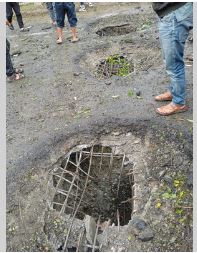
Bridge connecting to Manipur damaged by IED bl...

BRS chief KCR starts 17-day bus yatra to boost...
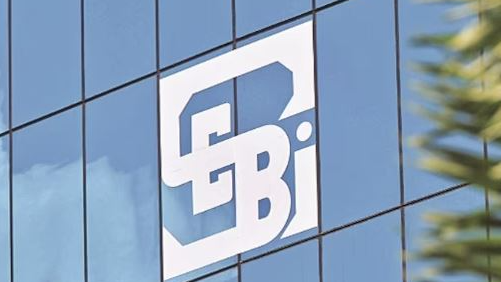
SEBI probes 2 funds for shorting Adani stocks...
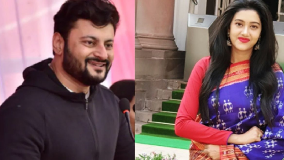
Know Actress-turned politician Varsha Priyadar...
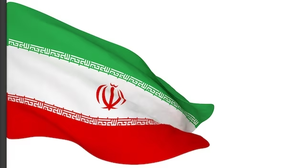
Stadium ban for women to be reintroduced in Ir...

T20 WC Qualifier: Sana Mir, Bolt named ambassa...
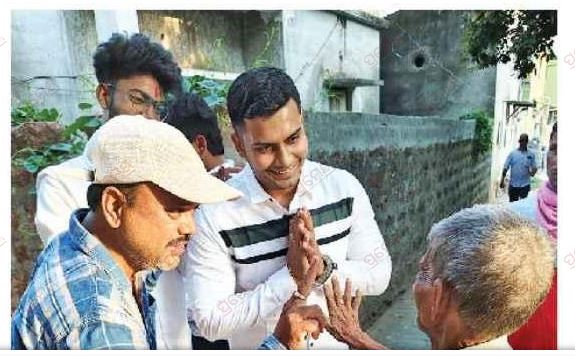
Odisha: Son campaigns for father in Jatani
Copyright © 2024 - Summa Real Media Private Limited. All Rights Reserved.










